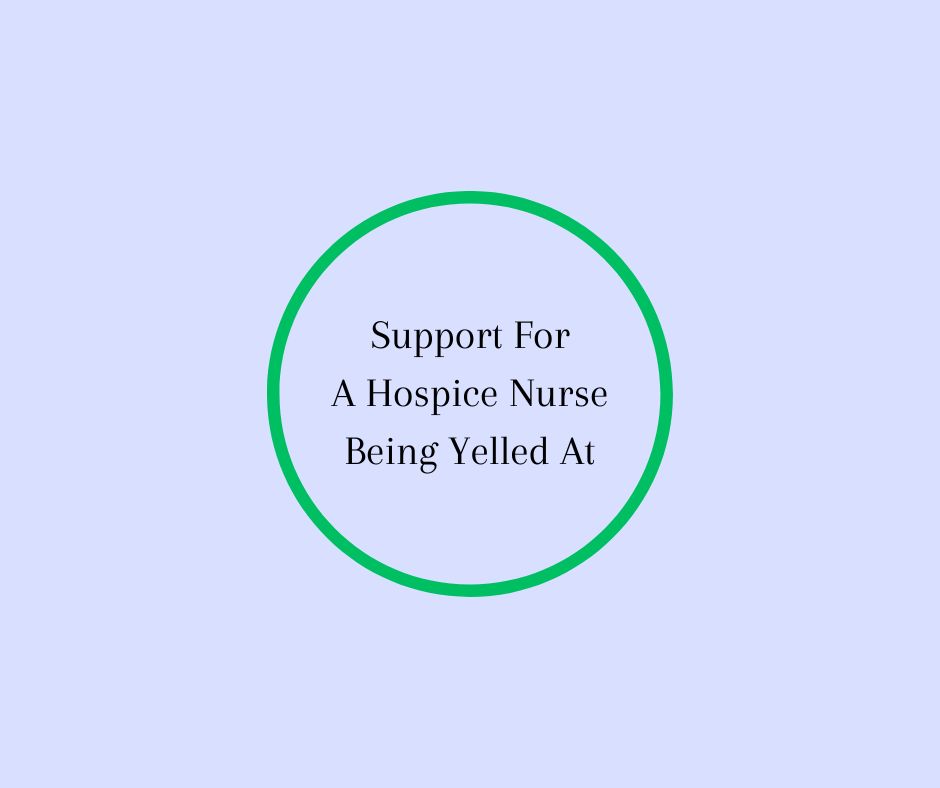Dear Barbara, I would like to know why the breathing pattern is different at
end of life. My Mother had fast and labored respirations. She did have
COPD, but my Dad had the same breathing pattern and he did not die from
COPD. This was very disturbing to me. Are they suffering when breathing
like that?
The irregular, difficult breathing that occurs at end of life frightens most
people. As we watch we feel something bad is happening. Our loved one is
hurting, struggling, suffering, and of course this is disturbing to us.
In the hours to minutes, sometimes even days, before death, a person’s
breathing changes. First it becomes fast, often with congestion, and then
gradually the breaths becomes slower and slower. As breathing slows (ten
times, or even six times, a minute) the person actually breaths like a fish,
with their mouth opening and closing. This can be frightening if you don’t
know that it’s normal.
The congestion that occurs before death will depend upon how hydrated or
dehydrated a person is. The more fluids in their body, the more congestion.
Sometimes changing their position (laying them on their side) will help to
redistribute the fluid, and the breathing will sound quieter. Suctioning the
fluid generally does not eliminate it. The bottom line is that congestion and
difficult breathing are a part of the normal dying process.
Is the person suffering? I think not, although it appears that they are. By the
time they are hours from death their awareness of what is going on around
them and of their body has diminished. What I envision is the little chick
working hard to get out of its shell. In the hours before death from disease
our body is shutting down. It is laboring to release itself from this planet. It
is a struggle, just as the chick is struggling, but I don’t think either the
person or the chick are suffering.
Something more about Laboring to Leave:
Difficult breathing during the natural dying process is only one of the many changes that we will witness when a person is dying. It's comforting to know what to expect during that process. Gone From My Sight (The Little Blue Book) is a "road map" of what will occur during the dying process. The Eleventh Hour is the companion book and is more specific about the changes in the last days, hours, minutes, seconds and just after death. These two books, along with your nursing staff, will provide knowledge so that you can better support the one who is laboring to leave.








27 comments